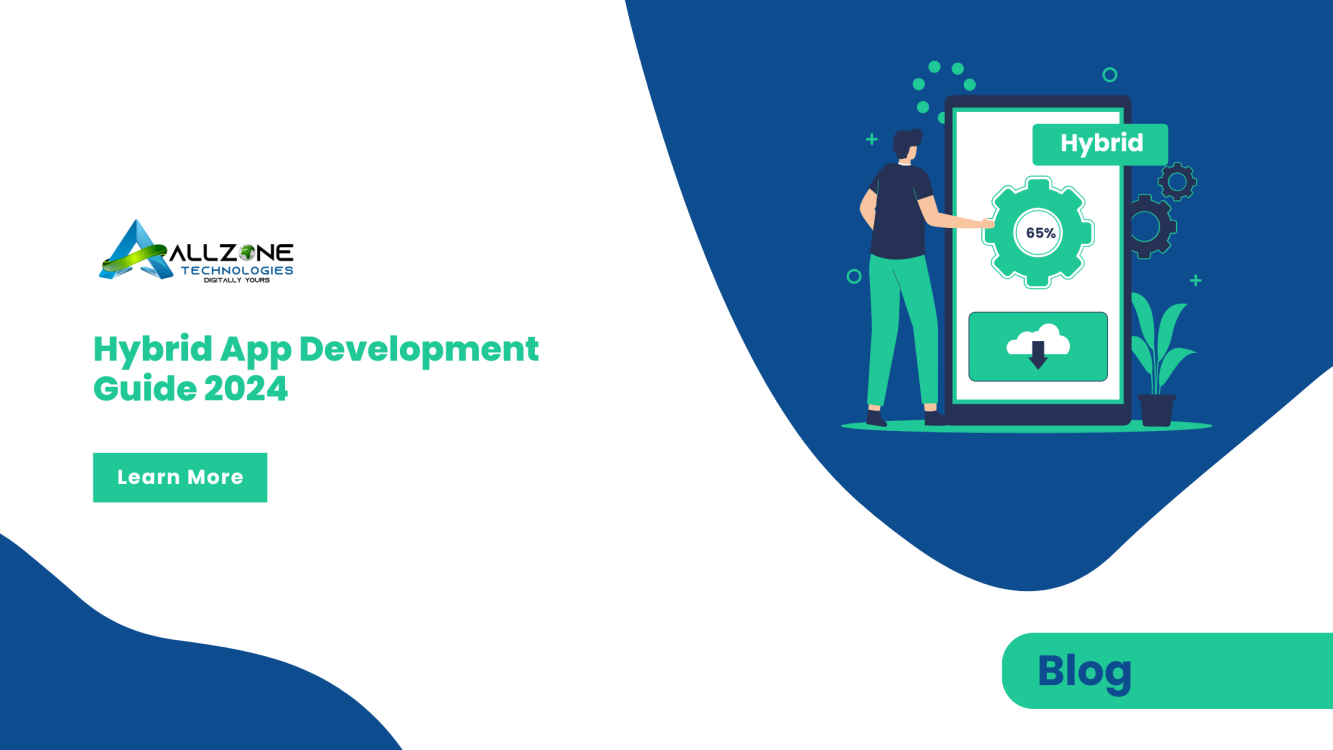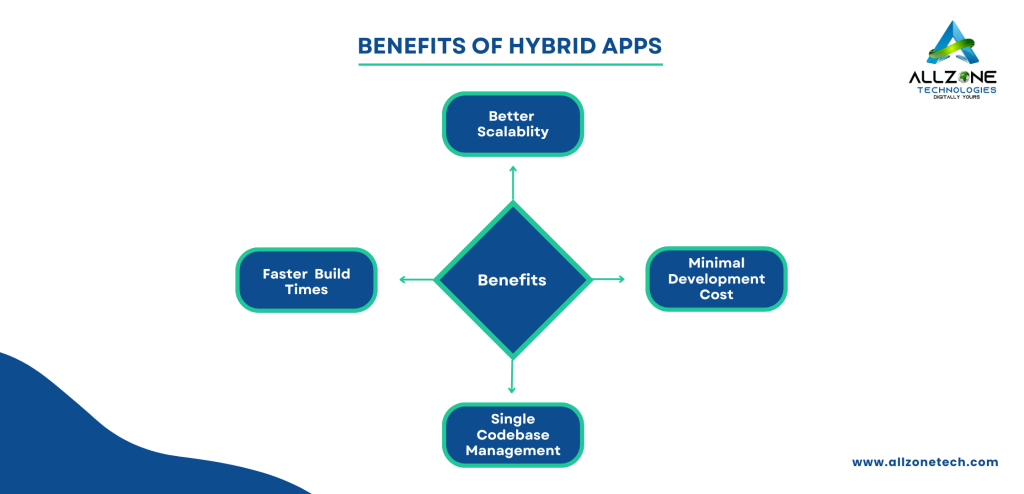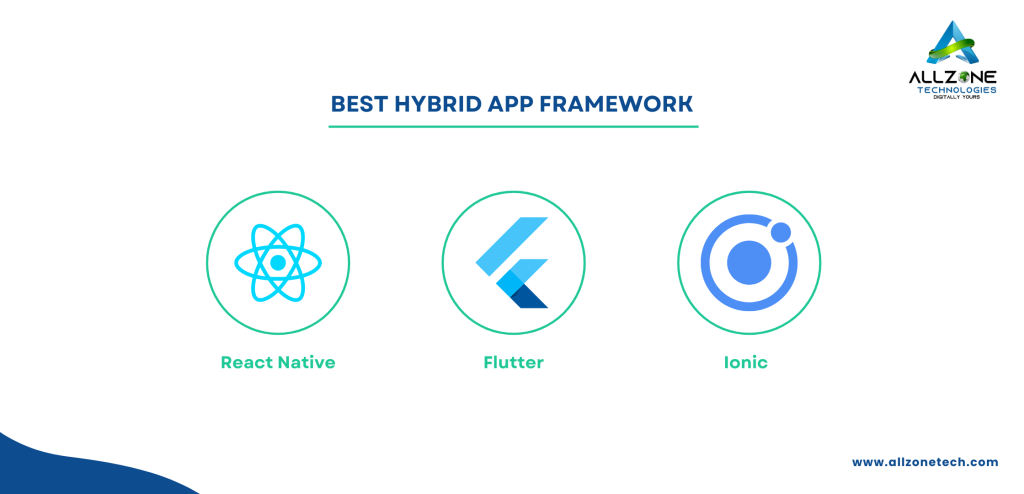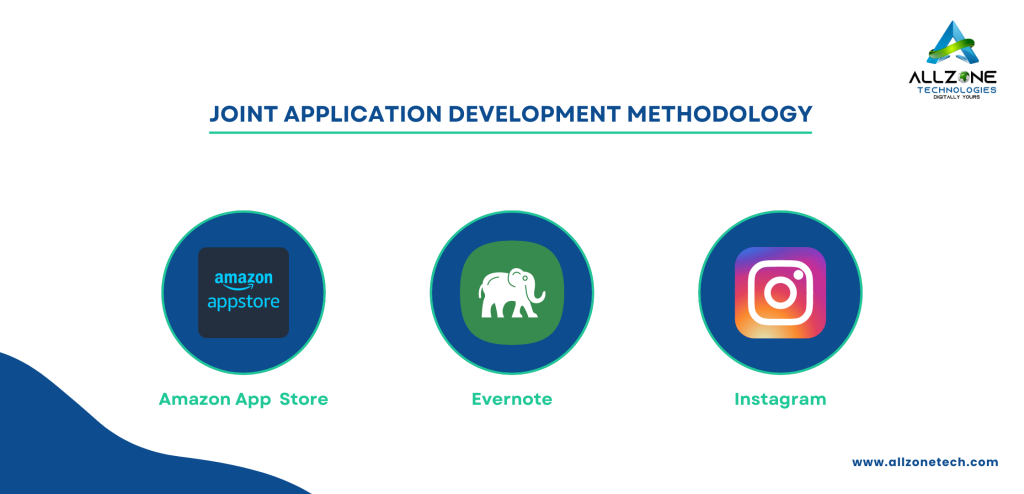
-
Muhammad Adnan
- August 19, 2024
The Ultimate Hybrid App Development Guide 2024
The development of top-notch mobile apps is in the trends. Most of the businesses are trying their best to stay ahead of the competition using tech advancements. Masses can use the application across the platforms and it has become possible with hybrid app development. In this blog guide, we will discuss hybrid apps, what they are, their advantages, frameworks, and how to develop them in a convincing way possible. Since mobile phone devices have been integrated with the general public, custom application development services have become crucial no time ever before. Suppose an application works on all platforms, like Android iOS, and laptop, and desktop devices. It would be a win-win situation and also very cost-effective.
Did you know why hybrid application development has become a hot topic over the years? The answer is pretty simple: it has made app development fast, and cost-effective for businesses across industries.
At AllZone Technologies, we understand that native and hybrid apps have benefits and drawbacks. However, businesses go for hybrid apps because of their pros. According to the Forbes report, more than 37 of the top 50 retail apps in the United States are hybrid. Do you know apps like Instagram, Twitter, Uber, Gmail, and many more are hybrid applications? Now the question arises what is hybrid app development? Fortunately, you are at the right place at the right time. In this post, we discuss hybrid apps. Let’s discuss it in detail in the following.
What is Hybrid App Development?
A hybrid mobile app development company comes forward whenever you want to integrate mobile app features on multiple apps, like web, and native. For writing hybrid mobile apps two frameworks are crucial: JavaScript and CSS. HTML5 is equally important as well. These are compatible with many OS, like iOS, and Android. These are productive for cross-platform requirements. Moreover, they provide a positive impact and are very cost-effective for businesses. Hybrid application framework has plenty of benefits which include, user experience and effort.
Moreover, it also provides high-performance functions and a good interface to users. Applications, like Twitter, Uber, Instagram, and others are the best examples of hybrid app development. In addition to that hybrid apps have some limitations, like being perfect for businesses but not for everyone. Suppose you are not clear whether it would be a perfect fit for your business or something else, do a thorough research on it. Get to know about the pros, and cons of hybrid application development. Before we get to know about the significance of hybrid app development let’s discuss the basics of hybrid vs native apps.
A Brief Comparison Between Native VS Hybrid Apps
We are going to compare hybrid vs Native apps. You will get to know better which type of mobile application development would be a perfect fit for your company.
Native Apps
Let’s start with Native apps! These apps are developed for specific operating systems. The apps need to have complete functions. Apps are for specific purposes and require high-security and fast experience. Moreover, they are not for multiple platforms. Developers have to use multiple tech stacks to develop these applications. It includes Swift or Objective-C for iOS, and Kotlin and Java for Android.
Hybrid Apps
Hybrid apps require plenty of web technologies which include JS, Python, CSS, and HTML. Moreover, hybrid applications support multiple platforms because they have cross-platform compatibility. They offer native security, and performance using efficient frameworks. Therefore, developers tend to hybrid app development practices to get quick and better product offerings. This is all about hybrid and native applications.
How Does Hybrid Apps Work?
Looking forward to knowing the working process of hybrid apps? Well, hybrid mobile applications are web apps. They are in a native shell that you need to download from an app store or Play store. Once you are done with the downloading install it on your device. The browser and plug-ins work at the backend and are not accessible to end-users.
They work the same as web apps but they are easy to install by downloading them on the device similar to native apps. Web apps, and hybrid apps developed in CSS, JavaScript, and with HTML5. In addition to that JavaScript, HTML, and native APIs require device browser engines to run with the target device hardware.
Do you know native apps and hybrid applications have similar navigation components? Apps can work offline or not depending on the functionalities. Unless the application does not need support from the database it will work offline as well. Now we are going to discuss the top-notch features of hybrid app development.
What are the Features of Hybrid Application?
Do you want to know about the perfect features of a hybrid Application? These are the features work no matter user’s device is connected or not:
- Easy to integrate with the file system on multiple mobile phones.
- Integrations with other web services.
- Embedded browser to improve access to online content.
- Offer portability; use one source code on plenty of platforms.
- Support hardware, and software functions with the help of plug-ins.
- very cost-effective for mobile application development for everyone.
Hybrid apps both have pros and cons. Let’s discuss the most crucial part of our blog which is the advantages, and disadvantages of hybrid application development.
Top Advantages of Hybrid Apps You Need to Know

Hybrid mobile application development without a doubt is cost-effective. Moreover, it takes less time and effort to manage compared to native apps. Here are the best advantages of hybrid apps that companies would love to experience:
Superior Scalability – Since hybrid apps enable a single codebase, they are easy to deploy on multiple devices and OS. Suppose, when you want to build an app for iOS you can also use it on Android. Hybrid is compatible with both Android and custom iOS application development.
Quicker Build Cycles – Now you have to deal with a single database, it takes less time to develop a hybrid application compared to the native application. So, hybrids can easily win against native apps.
Cost-Efficient Development -. As we have discussed earlier, hybrid app development is cost-effective compared to native app development. Do you know why is it so? Because developers need to write code for these apps that minimize the maintenance cost.
Unified Codebase Oversight – Where native applications are required to develop two different apps, hybrid software mobile app development, you need to build a single app. All you need to manage a single database.
Hybrid Apps Disadvantages You Need to Know
Here are the following disadvantages of hybrid applications:
User Interface Experience – It is not necessary that each time you will have a positive user experience due to a single database for multiple platforms. We are talking about other OS, it would become challenging to customize the app using a single platform.
Feature Accessibility- Hybrid software could have many features for specific platforms or OS. However, native app development features are not available in hybrid app development.
Reduced Performance – Hybrid software applications usually load in the web view. It makes it more complex to bring the native performance. So, this is the limitation of these apps.
Error-Prone- Hybrid software applications have hidden issues, and loopholes. So, these are the disadvantages of hybrid apps. Therefore, it is crucial to use the best hybrid frameworks to develop effortless hybrid mobile applications.
Top 3 Frameworks for Hybrid App Development
Here are the following top-notch Hybrid Application Development Frameworks:

React Native
React Native is a framework that is in a trend that empowers developers to develop cross-platform applications. Facebook has introduced and released this framework back in 2015. In React JSX, it has user interface components that support multiple platforms and link to native code. Further, it converts to iOS and Android views. It is an open-source JavaScript language. Views are native components that support JavaScript logic using the bridge. There are plenty of examples of hybrid app development, like social media apps, Instagram, Skype, and Facebook.
Flutter
Flutter is another open-source framework released by Google back in 2017. Flutter uses Dart programming language for both iOS and Android app development. Hybrid app developers develop applications with one codebase. Google’s addition and versatility of flutter it’s been a high buzz since it was introduced. The framework is best for desktop application development, web, mobile, and embedded platforms. Therefore, flutter development is getting popular because it uses widgets and competitive development speed. There are examples of developing apps using Flutter including Google Ads and Hamilton.
Ionic
Let’s now come to another critical and exciting topic – the best examples of these apps. In the following section, we’ll learn about the best and most popular real-time examples of these apps. We bet it’s something exciting!
Ionic is one of the best open-source UI toolkits based on Angular and Apache Cordova. Ionic is a powerful, easy-to-use, and prebuilt framework for developing effortless hybrid mobile apps. It uses CSS, HTML, and JavaScript to develop these apps and is compatible with the Angular JS framework. So, we can conclude that ionic is the best hybrid app development framework.
The above-mentioned are the top 3 best hybrid app development frameworks. Developers love to use these frameworks. AllZone Technologies also prefers to use these frameworks for building hybrid applications.
Top 3 Examples of Hybrid Apps
Let’s get to know about the best examples of hybrid apps. The following examples have taken businesses to the next level.

Amazon App Store
Amazon Appstore is the best example of Hybrid Applications. HTML5 supports hybrid apps and an efficient user experience while using it. The store has the best interface that is popular among the users and makes it appealing for the users.
Evernote
Evernote is a well-known productivity application. Evernote has a fascinating design and powerful performance that makes it the best among other prominent apps in the same niche or category. These applications have a multi-device sync capability which makes them unique. It provides a native experience and makes the users effortless while using it.
Did you know the United States has the second-highest number of users on Instagram? The Statista report has come up with the facts that more than 143 million users of Instagram are U.S. So, Instagram is one of the best examples of hybrid apps. Instagram is one of the top social media platforms powered by HTML5 and it also supports rich media and offline data.
Essential Tips for Scalable Hybrid App Development
When it comes to hybrid mobile app development, implementing the right strategies is crucial for building a scalable, cost-effective, and feature-rich application. Here are some best practices to ensure seamless development:
- Prioritize Security – Implement robust security practices, such as secure authentication methods and data encryption, to protect your application and user data.
- Choose a Leading Hybrid App Framework – Selecting a top-tier hybrid app framework is critical for ensuring your app’s scalability and security. Consider the popular options mentioned earlier.
- Embrace Simple and Clean Design – A straightforward design approach not only speeds up development but also helps reduce costs.
- Leverage Existing Web Technologies – Utilizing existing web technologies wherever possible can significantly cut down on development time and expenses.
- Optimize for Performance – Performance is key for hybrid apps. Ensure your code is optimized to enhance speed and overall efficiency.
- Utilize Open-Source Libraries and Components – Incorporating open-source libraries and components can greatly reduce development costs while maintaining quality.
- Conduct Thorough Testing – Before launching, rigorously test your app using comprehensive test management techniques to ensure stability and eliminate bugs.
Frequently Asked Questions
Which is the best language for hybrid app development?
For hybrid application development, developers commonly use JavaScript and Dart. JavaScript is used with frameworks like React Native and Dart is used with Flutter.
How much does it cost to develop a hybrid app?
If you are building a simple hybrid app it would cost you around $10,000 to $50,000, for a medium app $20,000 to $100,000 and for a complex app $40,000 to $200,000
What is the difference between cross-platform and hybrid apps?
Hybrid apps are quicker and simpler to create but not as responsive as native apps. Whereas Native apps are affordable and efficient, they help businesses save on development costs.
What are some examples of hybrid apps?
A few examples of hybrid app development include Instagram, Twitter, Gmail, Uber, Amazon, and Evernote.
What is the best hybrid app framework?
Some of the best hybrid application frameworks are Iconic, Flutter, React Native, Xamarin, and Kendo UI
Why are hybrid apps better than native apps?
Hybrid apps are a better option than native apps because they work on both iOS and Android. While native apps are designed to just work on one platform. Since hybrid apps are compatible with other platforms, developers can launch them for Google Play and Apple Store both.

